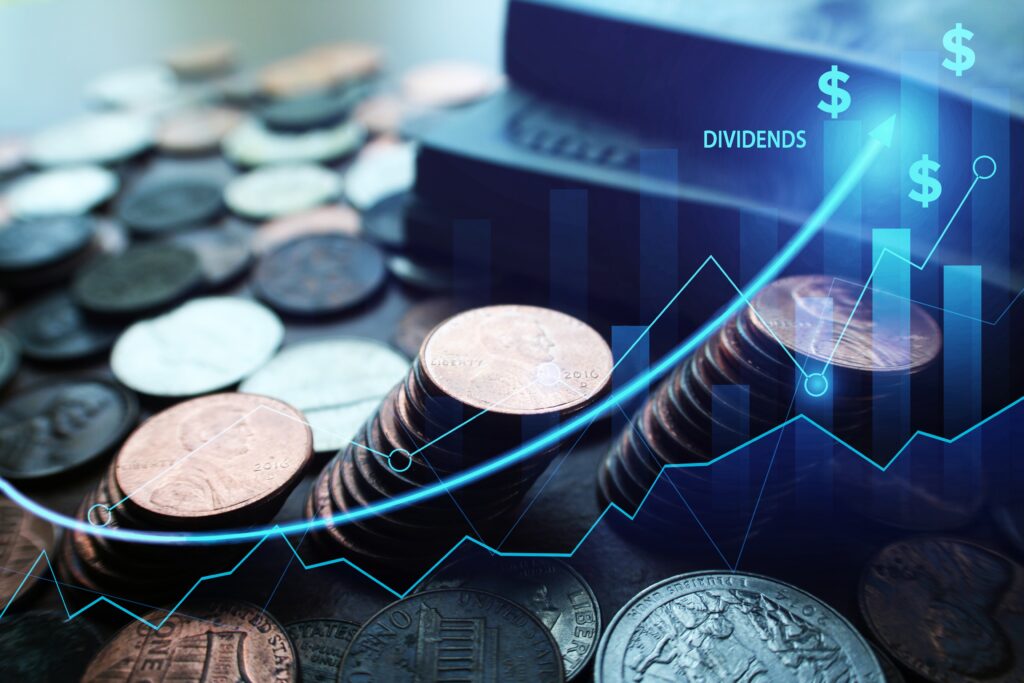DISCLOSURE: THIS POST MAY CONTAIN AFFILIATE LINKS, MEANING I GET A COMMISSION IF YOU DECIDE TO MAKE A PURCHASE THROUGH MY LINKS, AT NO COST TO YOU. PLEASE READ MY DISCLOSURE FOR MORE INFO.
Intro
As an investor, you may come across news and info about a company initiating share repurchases or buybacks. What does that mean? Is that a good thing or bad thing? The good news is that share repurchases usually add value…under the right conditions. Generally, a company may buy back shares because it believes the market has discounted its shares too steeply, to invest in itself, or to improve its financial ratios.
Buffett’s Take
According to legendary investor Warren Buffett, value can be created for his shareholders in 3 ways. The first way is “always front and center.” This entails increasing the company’s earnings power either through internal growth or by making acquisitions. In the current business landscape, internal opportunities are basically said to fare better than acquisitions because many targets are overvalued. The second method is through investments in partial interests in good or great businesses that are publicly traded. And finally, Buffett says that share repurchases periodically make good business sense for shareholders.
Share repurchases make good business sense only under certain conditions. The shares must offer appropriate value. It would be value-destroying to overpay for buybacks. So, the price paid for repurchases will also drive the decision on whether or not to do so. The aim is always to add value. Consequently, evaluating the price-to-value ratio of share repurchases is critical for executives. It’s generally a good use of capital by companies that deploy cash for share repurchases if shares are assessed to be undervalued.
Is it to Investors’ Advantage?
It can be a good sign if a company you’re researching for investment has a history of share repurchases. Buying back shares may be indicative of a company’s durable competitive advantage. To buy back shares over a number of years a company needs a high level of free cash. Think Apple. Buffett is heavily invested in Apple and considers it one of Berkshire’s “Four Giants.” In FY2021, Berkshire’s stake increased from 5.39% to 5.55%. While that increase is incredibly small, it adds up. Each 0.1% of Apple’s 2021 earnings amounted to $100 Million. Berkshire spent no funds to increase its ownership. Apple’s share repurchases did the job.
When a company deploys capital to buy back its shares, it is essentially buying its own property and increasing the future per share earnings of the owners who remain vested. Accordingly, investors who didn’t sell now have a larger stake as a result of the share repurchases made by the company. Share repurchases cause per share earnings to increase and this will likely result in an increase in per share price of the stock, resulting in more wealthy shareholders.
3 Necessary Conditions
Share repurchases make good business sense under 3 conditions:
- The company’s stock must be perceived as undervalued (i.e., price is discounted vs intrinsic value)
- The return on investment for internal use (i.e., new products, market expansion, etc) is lower than what can be obtained via buybacks
- There is no high-return alternative use for cash surplus
Share Repurchases vs Dividends
Dividend payouts and share repurchases are both solid ways to provide returns to shareholders. However, if a company continues to be an excellent business producing high returns, you want to stay invested. Unfortunately, reinvesting dividends won’t generate the same value as with buybacks. Investors have to pay income tax on dividends. So the same money spent by a company on share repurchases to create shareholder value would be about 30% less money to reinvest if it was instead paid out to investors as dividends.
By repurchasing shares, investors are able to avoid taxes, remain invested, and increase ownership in the company. Indeed, investing in companies that leverage share repurchases will afford larger ownership interest without having to invest any more money in them. That’s why so many great companies with surplus cash and strong competitive advantages employ Share Repurchasing Programs.
Here are five reasons why some prefer buybacks to dividends:
- Reducing the number of shares outstanding increases the value of each remaining share.
- Companies have more flexibility and control over their cash, enabling them to adjust the timing and amount of the program based on market conditions and their own needs.
- Stock buybacks can be more tax-efficient for investors than dividends.
- A buyback program can offset dilution from stock-based compensation programs, which can maintain the value of existing shares.
- A company using a buyback program can signal to investors that the company believes its stock is undervalued, potentially boosting investor confidence and attracting more buyers to the stock.
Conclusion
Part of a shrewd investment strategy entails identifying companies with a strong and durable competitive advantage. In doing so, look for companies with a long history of share repurchases since such companies will have a surplus of cash. It’s a sure sign that company may hold a durable competitive advantage in its industry. If company executives are deploying an effective program, it will enhance shareholder value. The magic of share repurchases is that ownership in excellent businesses increases for shareholders with the company’s capital, not their own.
Disclosure/Disclaimer
The information provided on this site is based on my own personal experience, research, and analysis, and it is not to be construed as professional advice. Please conduct your own research before making any investment decisions. I am not a professional financial advisor, stockbroker, or planner, nor am I a CPA or a CFP. The contents of this site and the resources provided are for informational and entertainment purposes only and do not constitute financial, accounting, or legal advice. The author is not liable for any losses or damages related to actions or failure to act related to the content on this website.

